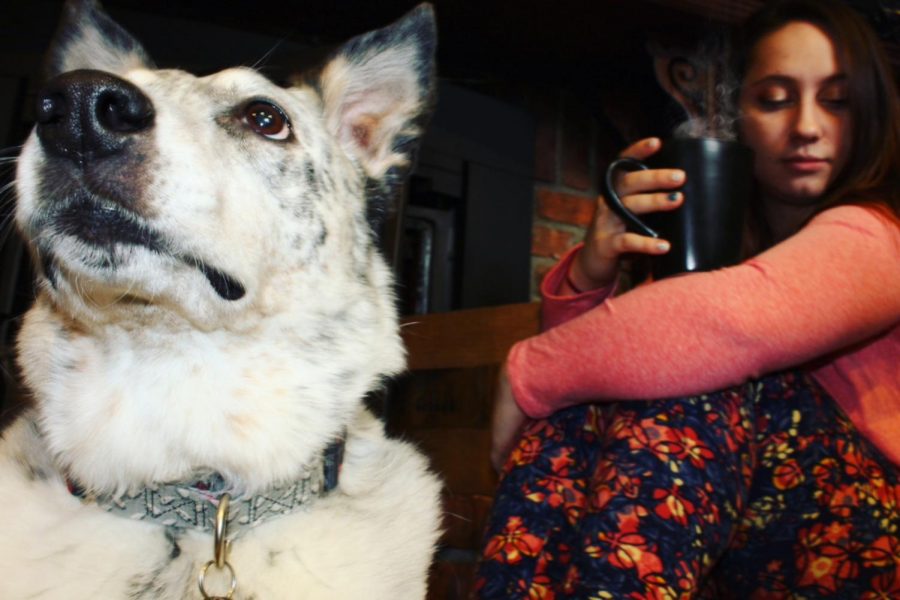Student artists unplug to unlock creativity
Mar 9, 2020
Artists and musicians are among the population of students who find themselves searching for the balance between screen time and unplugged creativity. Efforts to limit screen time from the department of Music, Theater and Dance faculty ties into the Recreation and Wellness (RecWell) Unplugged campaign on campus.
The Unplugged campaign was started by Assistant Director of Campus Recreation Kayla Cupples. She was inspired to start the campaign after grad school when she did research on social media and its effects on college students. The Unplugged campaign’s mission is to help students disconnect and enjoy their surroundings outside of their screen.
“I personally wanted to disconnect a little bit and so that was a big driving force,” Cupples said. “Just kind of seeing what it does to our health and our overall being.”
The National Day of Unplugging was March 6, however, this was during student’s Spring break. RecWell instead acknowledged the cause with a whole week of Unplugging. Feb. 23-29, students were encouraged to re-evaluate their screen time.
The campaign is alive throughout the year and did not end at the end of the week. RecWell’s social media features the campaign throughout the year.
Students also experience encouragement to unplug from their professors. Hannah Seidel from the Department of Music, Theater and Dance even found a way to intertwine the message of unplugging into her course curriculum.
The first in-class exercise Seidel does with her dance choreography students involves a lesson of seeking creativity outside of technology. She takes her class to the P. Douglas Kindschi Hall of Science, which is filled with visual art and sculptures. Students are asked to choose a piece of artwork they are interested in and appreciate it for 20 minutes without any exposure to technology.
Following the exercise, students are asked to continue on to the creative process and develop a solo dance based off of their experience.
“It is important for creative people to have time to let themselves be inspired by whatever they see around them because a lot of art is commenting on human experience,” Seidel said. “So if that human experience is limited to a screen in front of you, it vastly changed the subject matter and the breadth of things that art can deal with.”
Students not only noticed the effects to their creativity, but they observed the discomfort felt by fellow students as they passed by and saw them looking at the art without a screen in sight. Students in the class even said they saw students pull out their phones to avoid eye contact with them.
Seidel said that while technology does offer students and educators seemingly unlimited tools to broaden their exposure to their art, there is a necessary balance and need to practice moderation when it comes to screen time.
Cupples supports this idea of moderation and balance.
“I think it’s connected a lot of people but I think part of it is just making sure we are being mindful of that time and using it wisely,” Cupples said.























